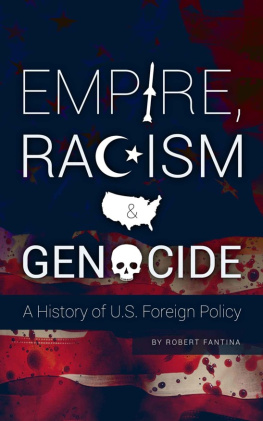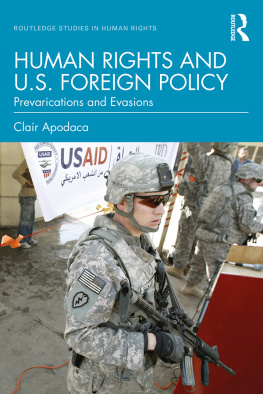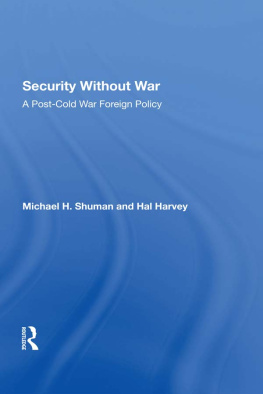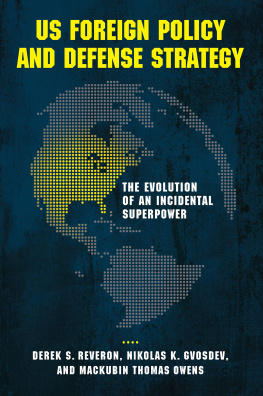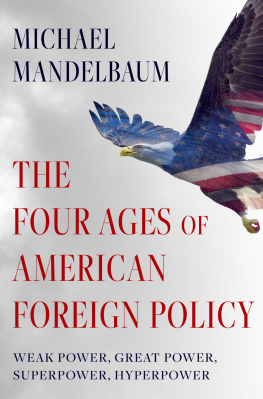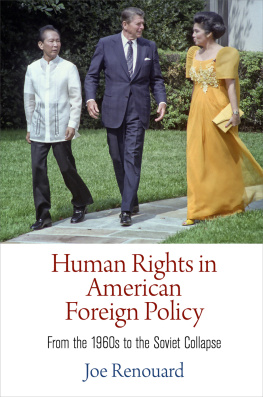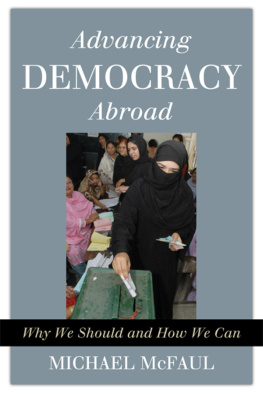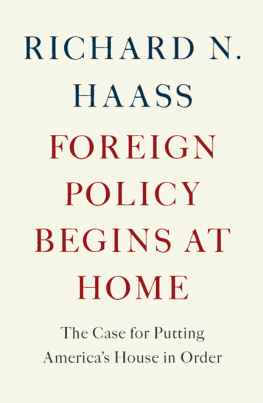Fantina - Empire, Racism and Genocide: A History of U.S. Foreign Policy
Here you can read online Fantina - Empire, Racism and Genocide: A History of U.S. Foreign Policy full text of the book (entire story) in english for free. Download pdf and epub, get meaning, cover and reviews about this ebook. year: 2014, publisher: Red Pill Press, genre: Politics. Description of the work, (preface) as well as reviews are available. Best literature library LitArk.com created for fans of good reading and offers a wide selection of genres:
Romance novel
Science fiction
Adventure
Detective
Science
History
Home and family
Prose
Art
Politics
Computer
Non-fiction
Religion
Business
Children
Humor
Choose a favorite category and find really read worthwhile books. Enjoy immersion in the world of imagination, feel the emotions of the characters or learn something new for yourself, make an fascinating discovery.
Empire, Racism and Genocide: A History of U.S. Foreign Policy: summary, description and annotation
We offer to read an annotation, description, summary or preface (depends on what the author of the book "Empire, Racism and Genocide: A History of U.S. Foreign Policy" wrote himself). If you haven't found the necessary information about the book — write in the comments, we will try to find it.
In its entire history, there has been very little time when the United States has been at peace. As it wages its many wars and interventions, the stated goal is always something few people could argue with: fostering democracy when a struggling people are resisting tyranny, removing threats to U.S. security, or punishing a cruel dictator for unspeakable misdeeds.
Yet on closer scrutiny, these reasons are seldom valid. They simply hide the true purposes of U.S. military involvement, which are power and wealth. Starting with the barbarous destruction of Native American culture in order to gain farmlands, right through to the Iraqi invasion for oil, money and power have always motivated U.S. foreign policy decisions. Dictators with appalling records of human rights violations are upheld by the U.S. if they agree to whatever economic or strategic demands the U.S. makes. Conversely, democratically elected leaders are overthrown if they dont.
Empire, Racism & Genocide: A History of U.S. Foreign Policy looks at U.S. history from shortly before the American Revolution, up to the present time, and details the U.S. governments true motivations for its ongoing, deadly war machine.
Having already published the most insightful and well-researched study we have of U.S. military desertion, and a powerful novel dramatizing the tragedy of participation in a U.S. war, Robert Fantina now brings us a comprehensive survey of the history of U.S. war-making. This new book is as clear-eyed and unflinching as Fantinas others. It belongs in our classrooms and perhaps our doctors offices, where it might be prescribed as a cure for television viewing. -- David Swanson, best-selling author of War Is A Lie and other books
We were sent to Iraq in 2003 and one of the tasks my unit had to search for the chem/bio weapons we were told were there. Everywhere we went, we found nothing. Sure, there were lots of standard munitions in warehouses and other places. But they were not my concern. I wasnt worried about them. Then we were tasked to guard oil wells along the route we were taking as we made our way north. We harassed a lot people who were doing nothing to us.
Empire, Racism & Genocide: A History of U.S. Foreign Policy tells the true story of why the U.S. has been at war almost constantly from its inception to the present time. Lies I was told about the reasons for invading Iraq were only revisions of lies that had been told to soldiers and the citizenry from the War of 1812, through Vietnam, Afghanistan, Iraq and every other imperial misadventure the United States started. Additionally, the dehumanizing aspects of the U.S. military, from the time a soldier enters basic training to the time they leave service, are detailed. The book is an important addition to any realistic study of U.S. foreign policy. -- Kevin Benderman, 10-year veteran, war resister, peace activist
**
About the AuthorRobert Fantina is an author and activist for peace and international human rights. A U.S. citizen, he moved to Canada following the 2004 presidential election. He has written about military desertion from the United States in his book Desertion and the American Soldier, and has also written about the impact that war has on individuals, in his novel, Look Not Unto the Morrow, a Vietnam-era, anti-war story. His writing appears regularly on Counterpunch.org, Warisacrime.org, and other sites. Mr. Fantina resides near Toronto, Ontario.
Fantina: author's other books
Who wrote Empire, Racism and Genocide: A History of U.S. Foreign Policy? Find out the surname, the name of the author of the book and a list of all author's works by series.

